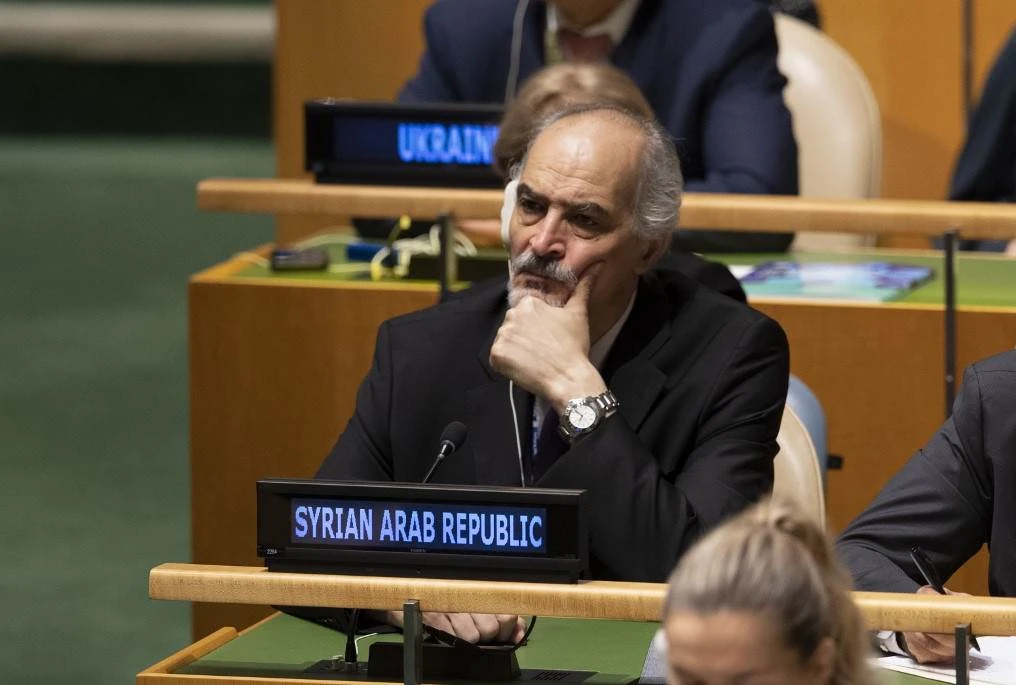‘Cornered’ YPG seeks Israeli support against Syrian government
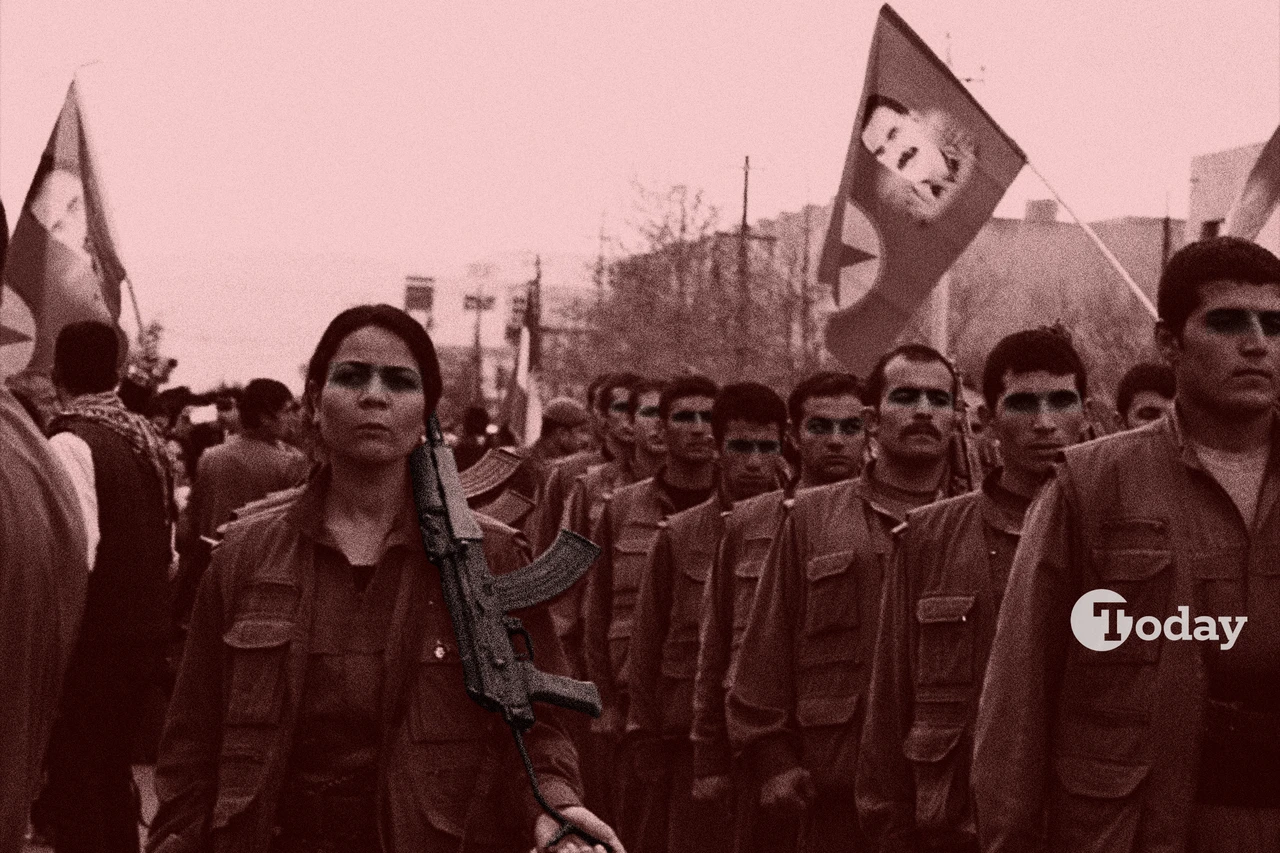 An image showing terror organization PKK members with a flag depicting the image of terror chief Abdullah Ocalan
An image showing terror organization PKK members with a flag depicting the image of terror chief Abdullah Ocalan
Ilham Ahmed, the so-called foreign relations head of the self-declared civilian administration linked to the terrorist organization PKK/YPG in Syria, has called for Israeli support, warning that the current structure of governance in Damascus allegedly could lead to further internal conflict.
Speaking to the Israeli newspaper The Jerusalem Post, Ahmed claimed that multiple regions and factions in Syria operate under separate administrations, and unifying them under a single system could spark a civil war. She also voiced concerns about the potential lifting of sanctions on the Syrian government.
YPG is the Syrian offshoot of the terrorist organization PKK which is listed as a terrorist group by Türkiye, the U.S., and the European Union. The group is responsible for the deaths of some 40,000 people, including women, children, and infants, in its more than 30-year terror campaign.
The YPG occupies over 30% of Syrian territory, including strategic oil fields, remaining to be the biggest hinderance to Syria’s territorial integrity.
Despite calls for withdrawal from Syria or disarmament, the PKK/YPG has not yet removed its members from the occupied territories.
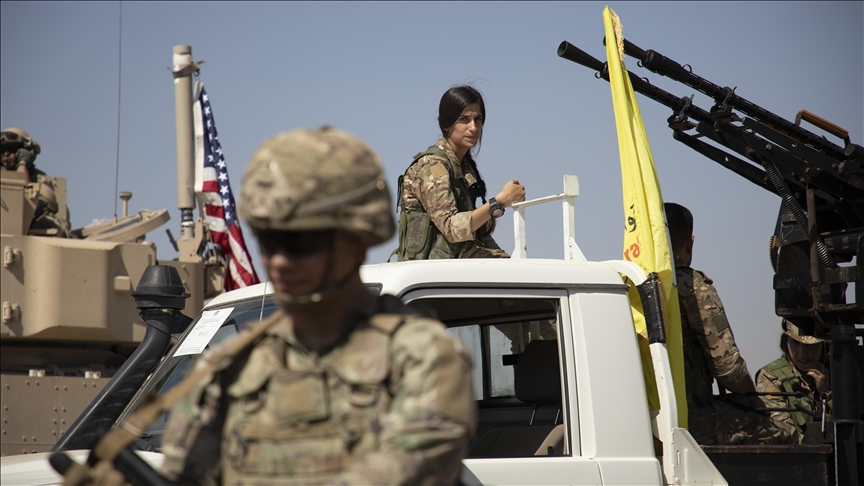
PKK/YPG-Israeli relations under scrutiny
Ahmed’s remarks come amid growing discussions about Israel’s efforts to fill the existing power vacuum in the region and to acquire a new proxy for itself and, of course, the potential role in Syria’s geopolitical landscape.
The YPG has received and continues to receive military assistance from the United States, along with diplomatic recognition from European countries. However, Israel’s involvement has remained largely ambiguous until now. While Tel Aviv has historically maintained a discreet stance on PKK/YPG’s separatist efforts, there is a history of mutual interest between Israeli and terrorist groups.
The collapse of Bashar al-Assad’s regime and the subsequent power vacuum have presented Israel with an opportunity to influence developments in Syria.
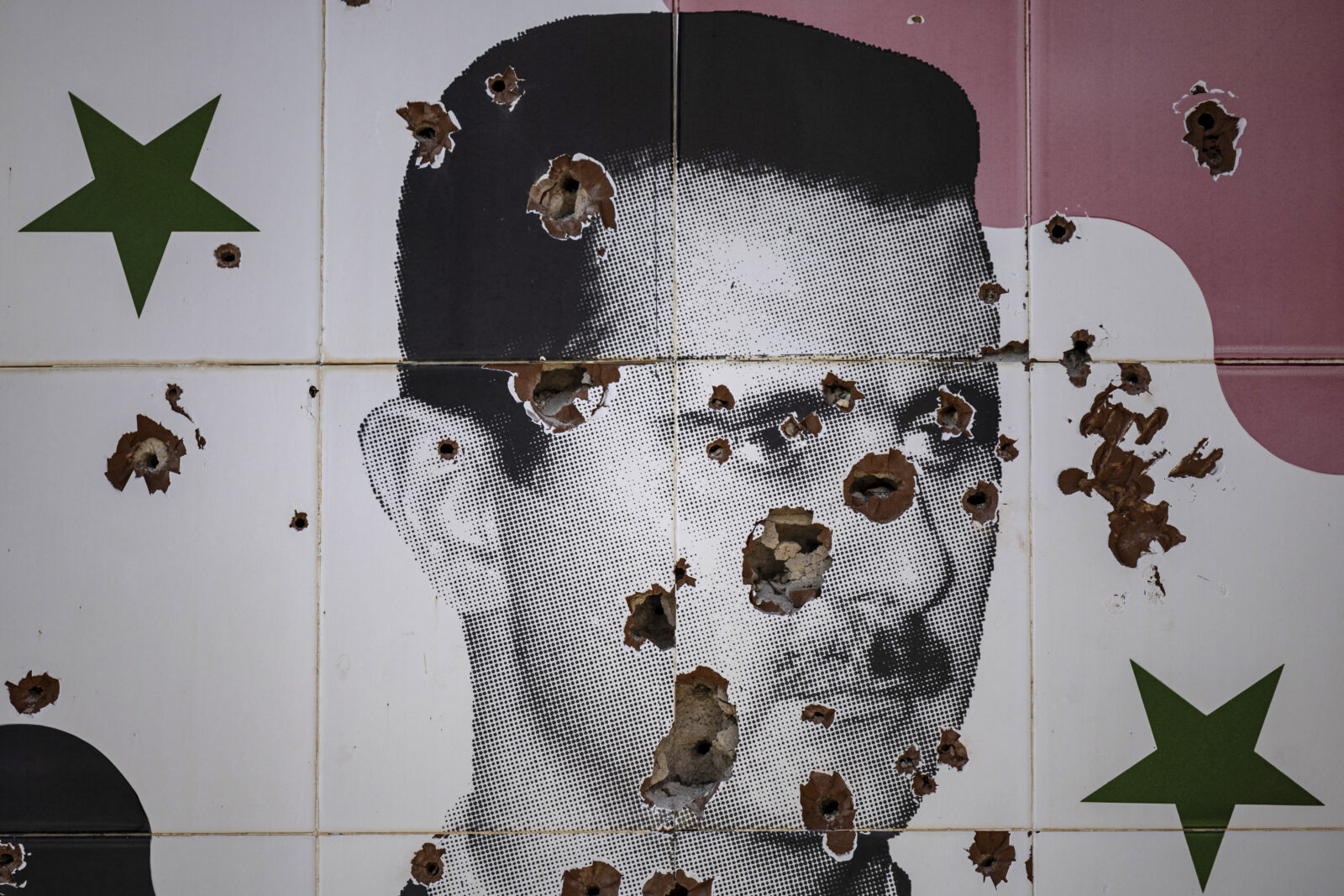
Israeli political figures support PKK/YPG
Israeli officials have periodically expressed interest in strengthening ties with PKK/YPG.
In November 2024, before Assad departed from power, Israeli Foreign Minister Gideon Sa’ar urged the government to establish relations with PKK/YPG, calling them “natural allies.”
He characterized the PKK/YPG as victims of aggression by Iran and Türkiye and stressed that enhanced Israeli-PKK/YPG cooperation had both “political and security aspects.”
In September 2017, Israel’s former deputy army chief Maj. Gen Yair Golan and now the opposition leader at a conference in Washington had expressed support for the PKK terrorist group.
“From my personal point of view, the PKK is not a terrorist organization, that’s how I see it,” Golan said. “When you look at Iran in the east, when you look at the instability in the region, a stable and unified Kurdish entity in the middle of this swamp, is not a bad idea,” he added.
Israeli opposition leader Yair Golan echoed similar sentiments on social media, stating, “Israel must be concerned about one basic thing: a Turkish attack against the PKK/YPG in Syria… Israel must take the initiative and take advantage of overt and covert channels to support the PKK/YPG. A strong PKK/YPG territory is security for Israel.”
Prominent lawmakers across the political spectrum in Israel also issued statements against Türkiye. Former Israeli Justice Minister Ayelet Shaked issued a call for “Kurdish statehood”, urging the West to support the groups fighting Türkiye in northern Syria.
“Our national memory requires us to revolt against violence directed against another nation. Such is the Turkish violence directed against northern Syria,” she wrote on Facebook.
“As a nation-state of an ethnic minority in the Middle East, Israel cannot close its eyes to the suffering of the Kurds in the region,” tweeted Blue and White party parliamentarian Zvi Hauser.
Reports from Israel’s state broadcaster KAN indicate the YPG has directly appealed to the Israeli government for assistance in maintaining its stronghold in northeastern Syria, particularly in the event of a U.S. military withdrawal.
Following Assad’s fall, Israel and PKK/YPG’s terrorists reportedly established a “communication channel” to coordinate future strategies.
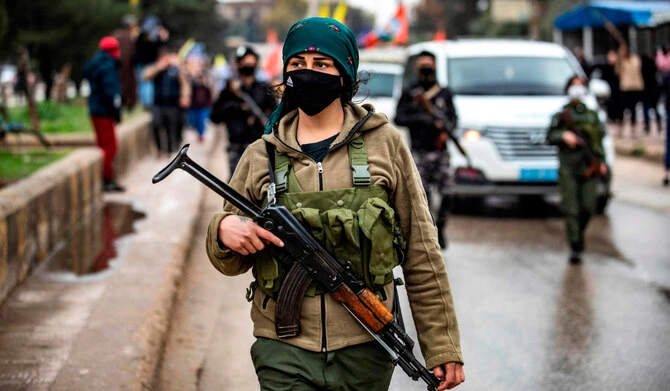
Regional implications of PKK/YPG-Israeli ties
Ahmed’s outreach to Israel has not gone unnoticed in the region. A senior official from Iraq’s Kurdish Regional Government reportedly warned that overt Israeli support could damage Kurdish interests, portraying them as collaborators with Israel.
This, the official cautioned, could expose them to backlash from regional actors. The PKK is a terrorist organization that communicates with every group and segment in the region that is in its interest.
Before the fall of Assad, it acted jointly with Russia and Iran in Manbij and the surrounding areas west of the Euphrates, while it had a structure that acted jointly with the U.S. east of the Euphrates.
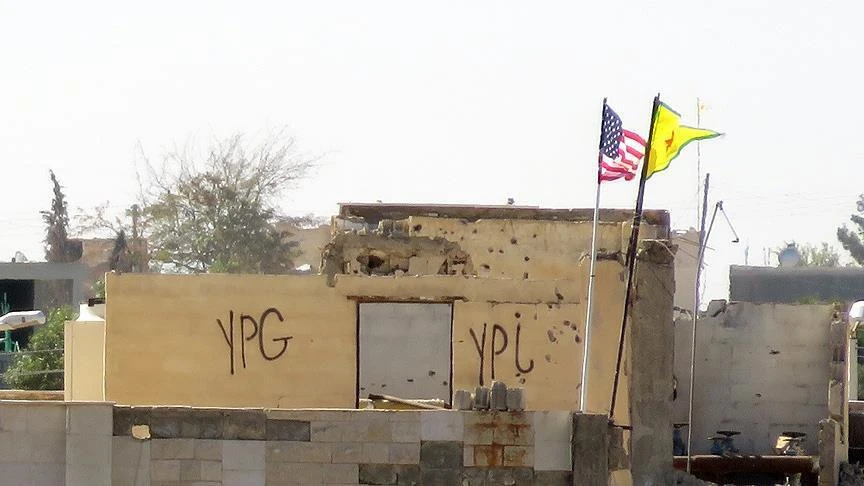
Future of Israeli-PKK/YPG engagement in Syria
According to Israeli media reports, Ahmed recently held a phone conversation with Israeli Foreign Minister Sa’ar. While she refrained from explicitly confirming the call, she stated, “The crisis of the Middle East requires that everyone understand that without Israel and Jewish people playing a role, a democratic solution for the region will not happen.”
The conversation also marks the highest-level known contact to date between Israel and the terrorist group and is expected to further strain Israel-Türkiye relations. It’s clear for sure that this contact between Israel and the PKK/YPG will be perceived by Ankara as a direct threat to Türkiye’s national security and territorial integrity.
She further said that securing Syria’s border areas requires international cooperation and suggested that Israel’s involvement would be crucial. “Its role is going to be very important, so having the discussion with Israel at this time is very important,” Ahmed told.
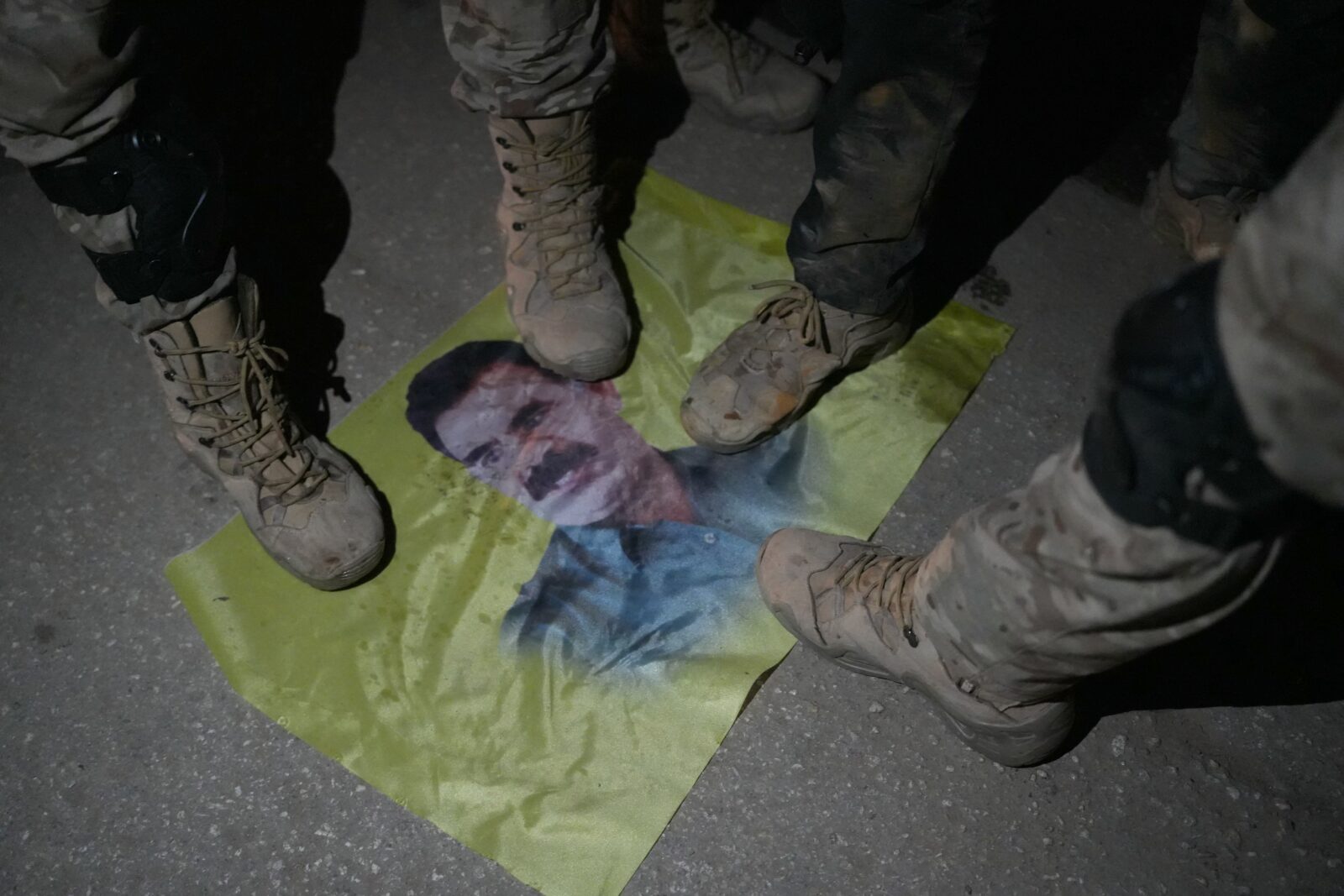
Israel’s support for PKK sparks criticism in Israeli media
An article published in The Times of Israel by Middle East expert Michael Arizanti has criticized growing support for the terrorist organization PKK among Israeli politicians, researchers and activists.
Arizanti labeled the support a “moral and strategic failure,” arguing that it threatens regional stability and undermines counterterrorism principles. He described the PKK as a terrorist organization recognized by the United States, the European Union, and international security organizations, highlighting its history of violence, human rights abuses and recruitment of child soldiers.
In the article, Arizanti emphasized the PKK’s systematic violations of human rights, particularly its recruitment of children as young as eight. He stated, “These children are not merely participants but are transformed into weapons of terror, used as fighters, suicide operatives, and intelligence gatherers.”
He also noted that the PKK’s terrorist acts in Türkiye and the region have caused significant humanitarian suffering, including over 40,000 civilian deaths and the displacement of approximately 3 million people, primarily in southeastern Türkiye.
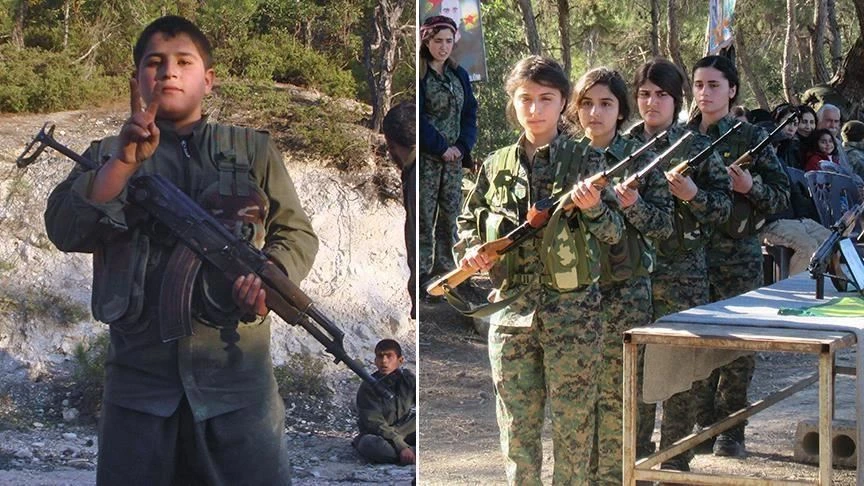
Türkiye, Iraq, Syria and Jordan to take care of Daesh
In a recent joint press conference in Qatar, Foreign Minister Hakan Fidan asked to comment on the situation in northern Syria.
“The U.S. cooperation with the PKK/YPG in Syria was a temporary cooperation that was initiated during the Obama era, at least that is how it was presented to us. But from the beginning, we foresaw that this would lead to certain complications. In the process, of course, it became unacceptable for us that the organization gradually abused the Americans and other Western countries and that there was a serious increase in the terrorist threat against Türkiye in return for the prison services it provided,” Fidan said.
“We have repeatedly shared this paradox with our American friends. Now, at the point we have reached, the idea is this. We need to clarify the issue you asked in your question, which is a security issue for the Americans,” Fidan added.
The main issue here is the YPG’s service of keeping DAESH detainees in prison and the people in the camp. Apart from that, there is no security issue. The YPG alone has neither any capability nor any problem in the fight against DAESH and the fight against terrorism. It is already a terrorist organisation.
In this regard, both Türkiye, Iraq, Syria and Jordan are able to come together and fight against DAESH. Hopefully, we will take a step in this direction as 4 countries in the near future. We have held preliminary talks on this. Here we hope that our American friends will give up this policy that poses a threat to Türkiye. At the same time, we can act with another formula that will make it possible for DAESH detainees to stay in prison. We have heard that the new administration in Syria is ready to take responsibility for this. At the same time, Türkiye is ready to provide all kinds of support in this regard.
We hope that Mr Trump’s decisions will hopefully put an end to this ongoing mistake in the region. This is both an issue that triggers instability in the region and an open wound that really damages Turkish-American relations. We wish this to be closed.
Foreign Minister Hakan Fidan

